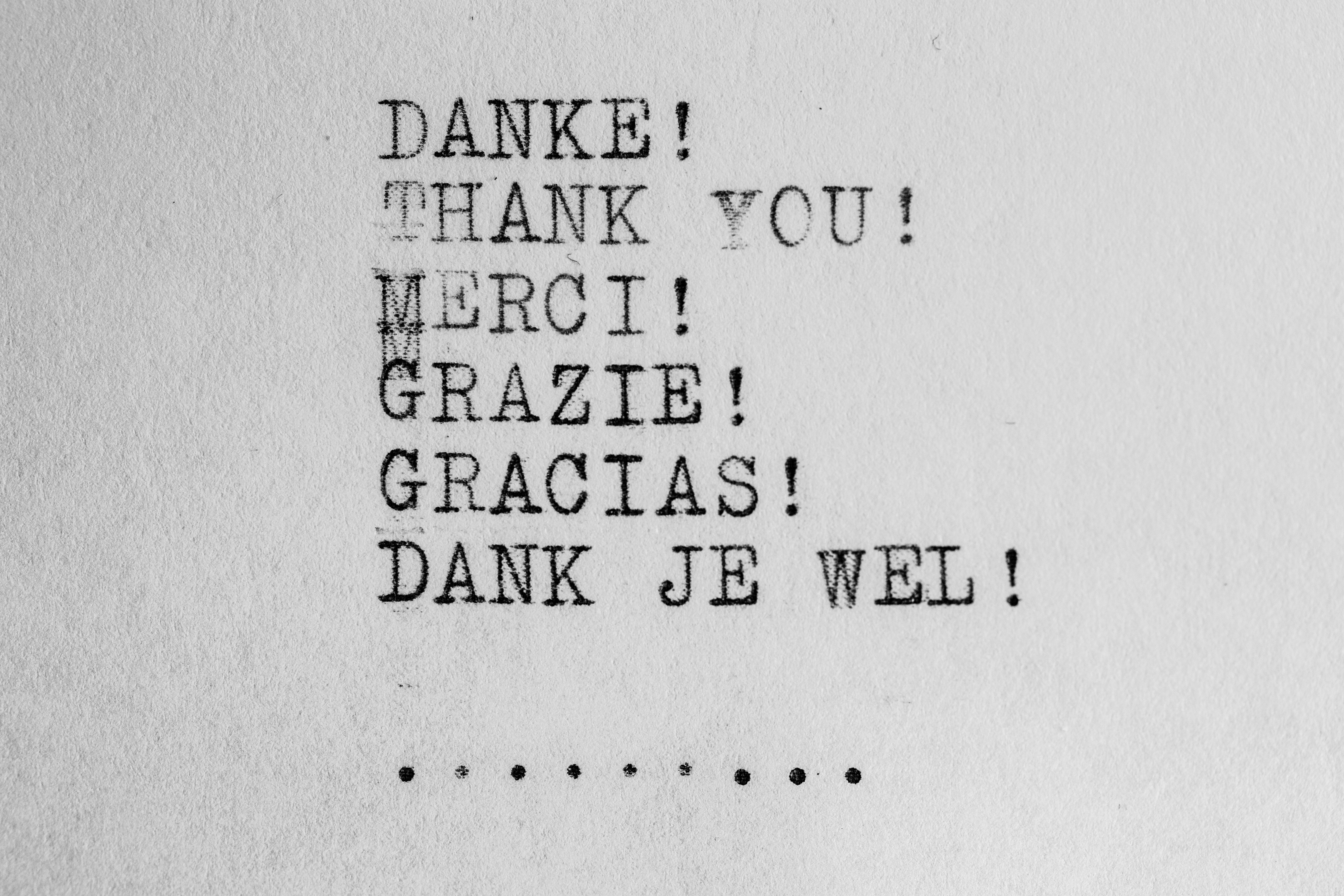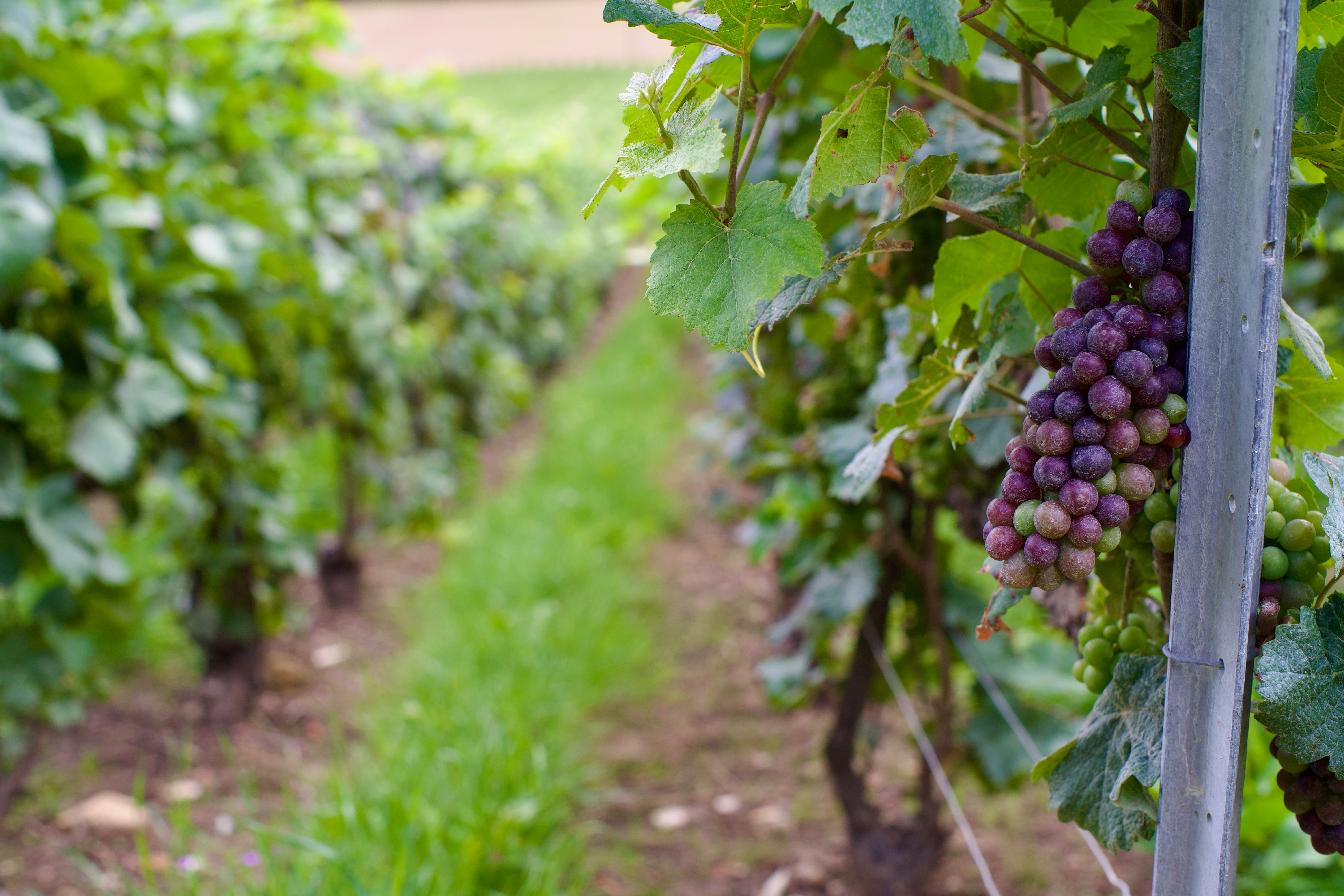Love is vulnerability, willingness to lose that which is most dear to you. We lost our first child ten years ago and it was the most gut-wrenching feeling ever. To take the risk of this happening again whenever I have been pregnant has felt unbearable, like having your heart open and exposed, waiting for a sword to potentially strike it at any moment. Jesus’ love for us is similar, wide open, but to an infinitely greater degree. He continually gives us everything. He was willing to lose and be rejected for our sake. He was ridiculed and despised, yet forgave.
How often do I reject Jesus? I am always surprised on Good Friday how so many don’t want to read out loud as part of the Crowd during the reading of the Passion. Over and over again, we are complicit in the crucifixion through our sins. Sometimes it is my active actions and other times I am quietly passive and allow the injustices of the world to continue. Yet the wonder of Christ, His glorious perfection, is that He still loves me, despite my many shortcomings. He knows my faults yet is not afraid to take on the whole world for me!
St. Augustine famously declared, “Our hearts are restless until they rest in you.” It always feels like something is missing, like I’m a puzzle piece waiting to be added to something that needs completing. We can often embrace the allures of today’s world while foregoing the heavenly gifts that await us tomorrow. We must remember over and over again that we belong not to this world, but to God’s kingdom. As a child of God, thirst for that water which provides eternal comfort, that of Christ’s peace!
El amor es vulnerabilidad, estar dispuesto a perder lo que te es más querido. Perdimos a nuestro primer hijo hace diez años y fue el sentimiento más desgarrador que jamás haya existido. Correr el riesgo de que esto vuelva a suceder cada vez que he estado embarazada me ha parecido insoportable, como tener el corazón abierto y expuesto, esperando que una espada potencialmente lo traspase en cualquier momento. El amor de Jesús por nosotros es semejante, muy abierto, pero en un grado infinitamente mayor. Él continuamente nos da todo. Estaba dispuesto a perder y ser rechazado por nosotros. Fue ridiculizado y despreciado, pero aun así lo perdonó.
¿Con qué frecuencia rechazo a Jesús? Siempre me sorprende que el Viernes Santo haya tanta gente que no quiera leer en voz alta como parte de la multitud durante la lectura de la Pasión. Una y otra vez, somos cómplices de la crucifixión a través de nuestros pecados. A veces son mis acciones activas y otras veces soy silenciosamente pasiva y permito que continúen las injusticias del mundo. Sin embargo, la maravilla de Cristo, su gloriosa perfección, es que todavía me ama, a pesar de mis muchos defectos. ¡Él conoce mis defectos pero no tiene miedo de enfrentarse al mundo entero por mí!
San Agustín declaró: “Nuestros corazones están inquietos hasta que descansen en ti”. Siempre tengo la sensación de que falta algo, como si fuera una pieza de un rompecabezas esperando a ser añadida a algo que hay que completar. A menudo podemos abrazar los atractivos del mundo de hoy y al mismo tiempo renunciar a los dones celestiales que nos esperan mañana. Debemos recordar una y otra vez que no pertenecemos a este mundo, sino al reino de Dios. ¡Como hijo de Dios, ten sed de esa agua que proporciona el consuelo eterno, la de la paz de Cristo!
 Dr. Alexis Dallara-Marsh is a board-certified neurologist who practices in Bergen County, NJ. She is a wife to her best friend, Akeem, and a mother of two little ones on Earth and two others in heaven above.
Dr. Alexis Dallara-Marsh is a board-certified neurologist who practices in Bergen County, NJ. She is a wife to her best friend, Akeem, and a mother of two little ones on Earth and two others in heaven above.
Feature Image Credit: Hans-Peter Gauster, unsplash.com/photos/stack-of-jigsaw-puzzle-pieces-3y1zF4hIPCg


 Emily Jaminet is a Catholic author, speaker, radio personality, wife, and mother of seven children. She earned a bachelor’s degree in mental health and human services from the Franciscan University of Steubenville. She is the co-founder of
Emily Jaminet is a Catholic author, speaker, radio personality, wife, and mother of seven children. She earned a bachelor’s degree in mental health and human services from the Franciscan University of Steubenville. She is the co-founder of 


 Tami Urcia grew up in Western Michigan, a middle child in a large Catholic family. She spent early young adulthood as a missionary in Mexico, studying theology and philosophy, then worked and traveled extensively before finishing her Bachelor’s Degree in Western Kentucky. She loves tackling projects, finding fun ways to keep her little ones occupied, quiet conversation with the hubby and finding unique ways to love. She works full time at Diocesan, is a guest blogger on
Tami Urcia grew up in Western Michigan, a middle child in a large Catholic family. She spent early young adulthood as a missionary in Mexico, studying theology and philosophy, then worked and traveled extensively before finishing her Bachelor’s Degree in Western Kentucky. She loves tackling projects, finding fun ways to keep her little ones occupied, quiet conversation with the hubby and finding unique ways to love. She works full time at Diocesan, is a guest blogger on 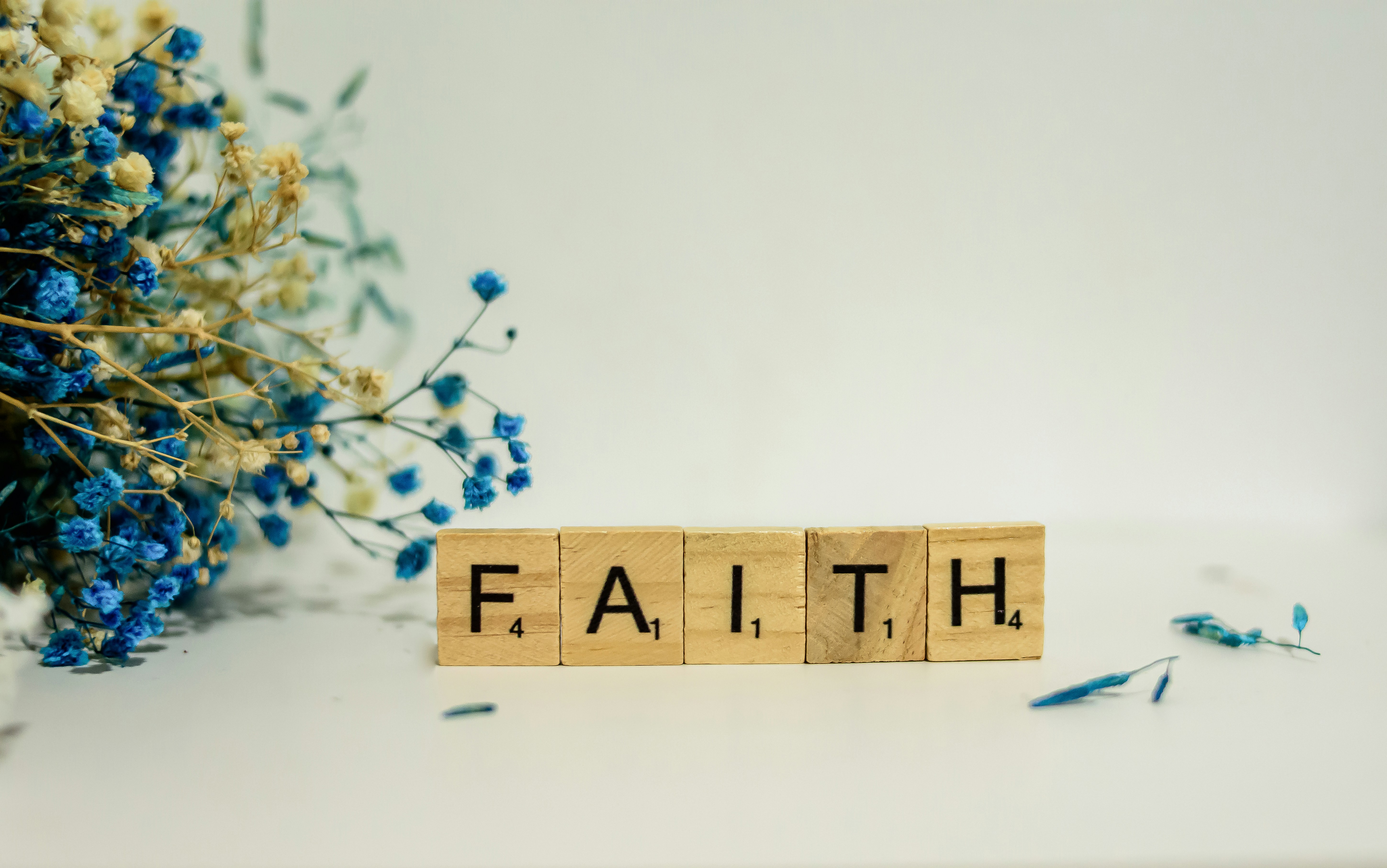
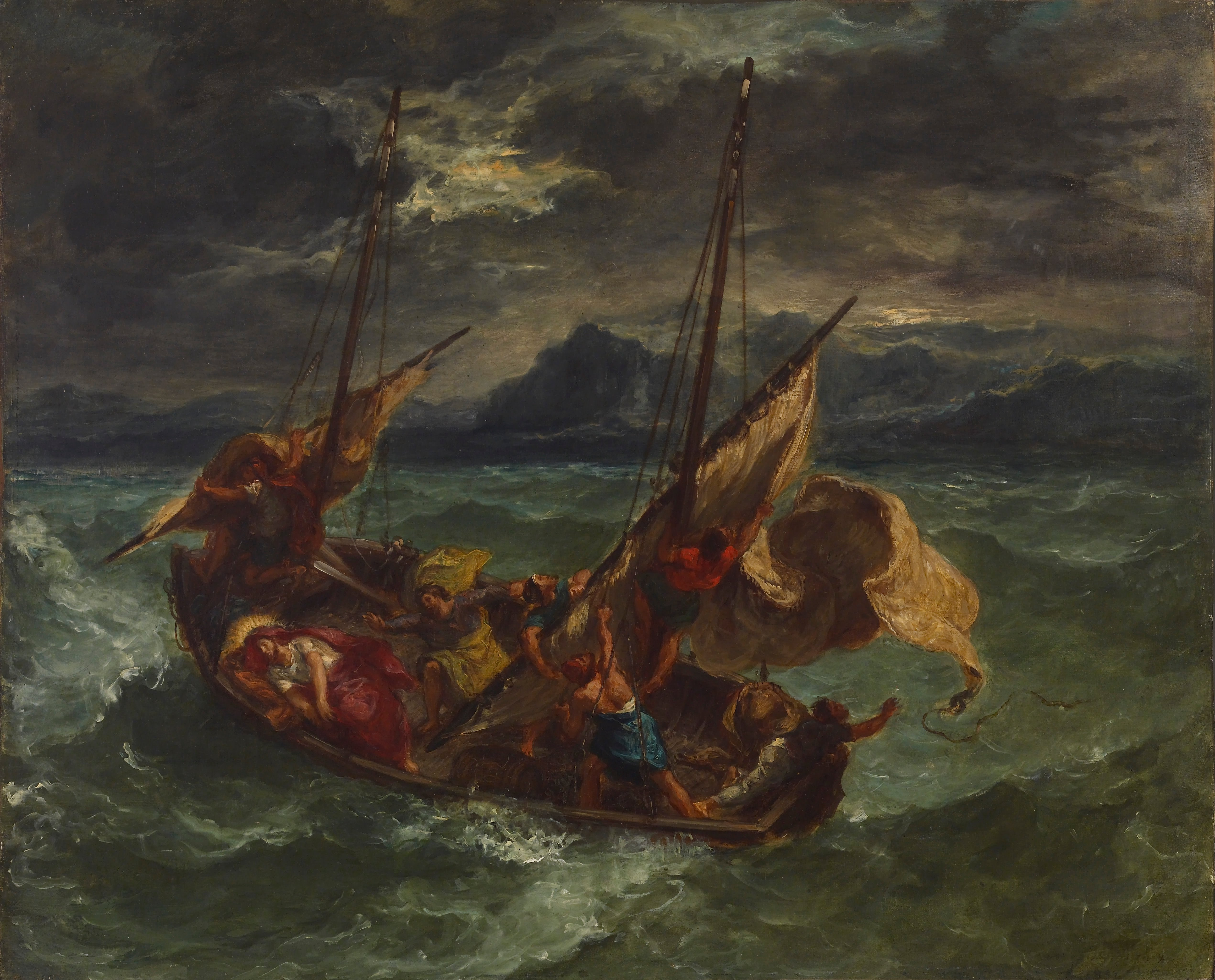
 David Dashiell is a freelance author and editor in Nashville, Tennessee. He has a master’s degree in theology from Franciscan University, and is the editor of the anthology
David Dashiell is a freelance author and editor in Nashville, Tennessee. He has a master’s degree in theology from Franciscan University, and is the editor of the anthology 
 Deanna G. Bartalini, M.Ed.; M.P.A., is a certified spiritual director, writer, speaker and content creator. The
Deanna G. Bartalini, M.Ed.; M.P.A., is a certified spiritual director, writer, speaker and content creator. The 

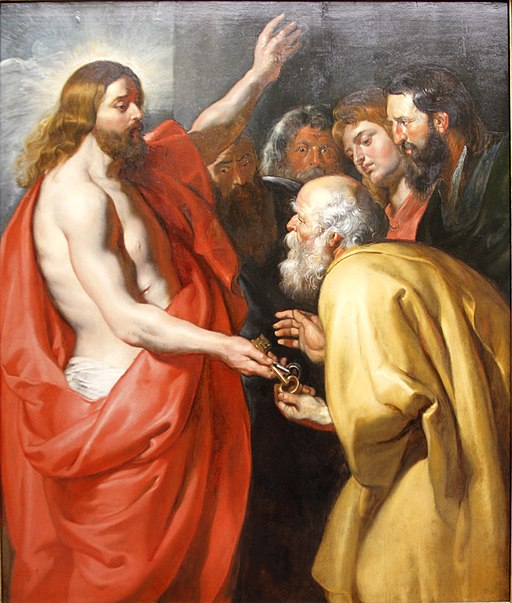


 Kate Taliaferro is an Air Force wife and mother. She is blessed to be able to homeschool, bake bread and fold endless piles of laundry. When not planning a school day, writing a blog post or cooking pasta, Kate can be found curled up with a book or working with some kind of fiber craft. Kate blogs at
Kate Taliaferro is an Air Force wife and mother. She is blessed to be able to homeschool, bake bread and fold endless piles of laundry. When not planning a school day, writing a blog post or cooking pasta, Kate can be found curled up with a book or working with some kind of fiber craft. Kate blogs at 